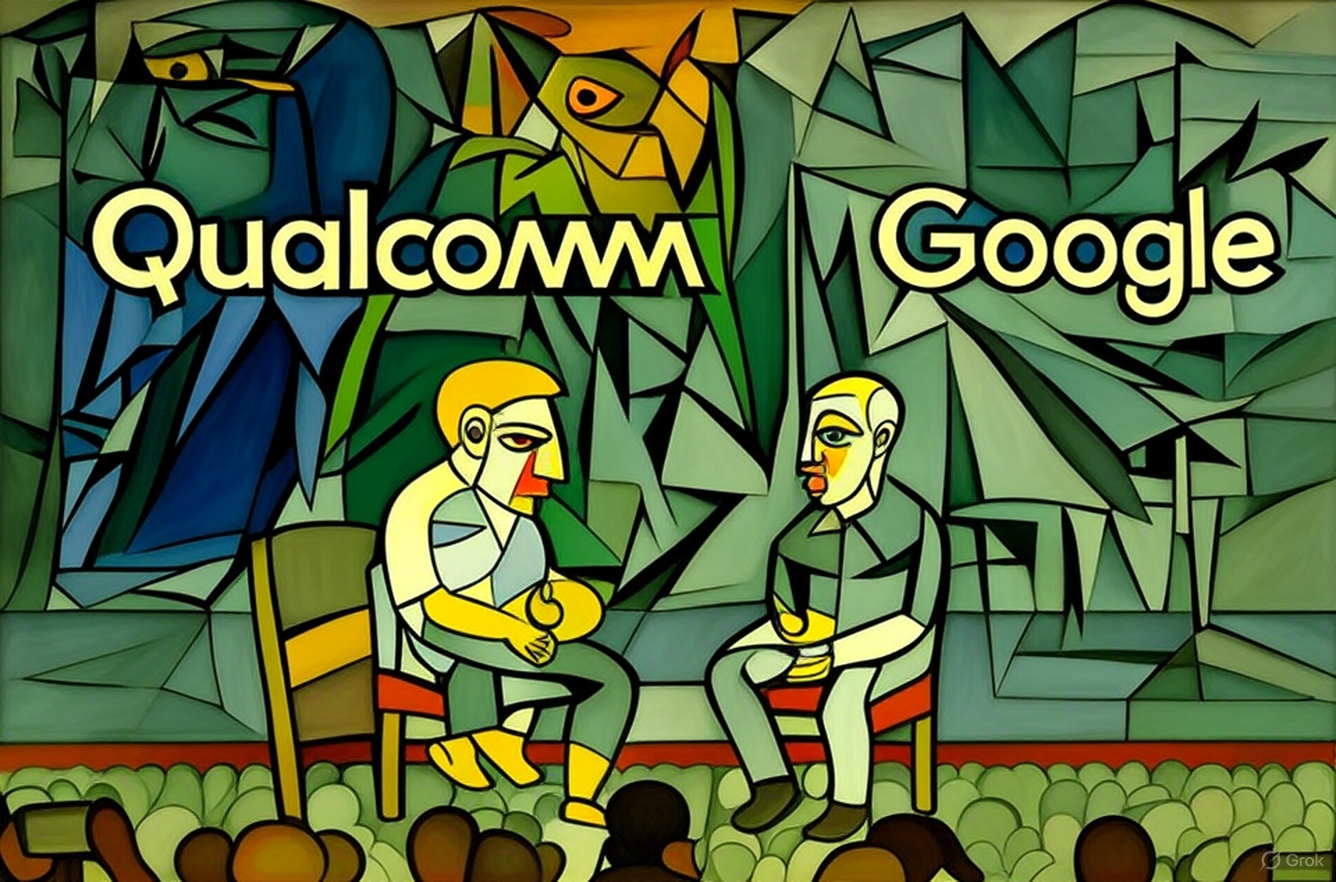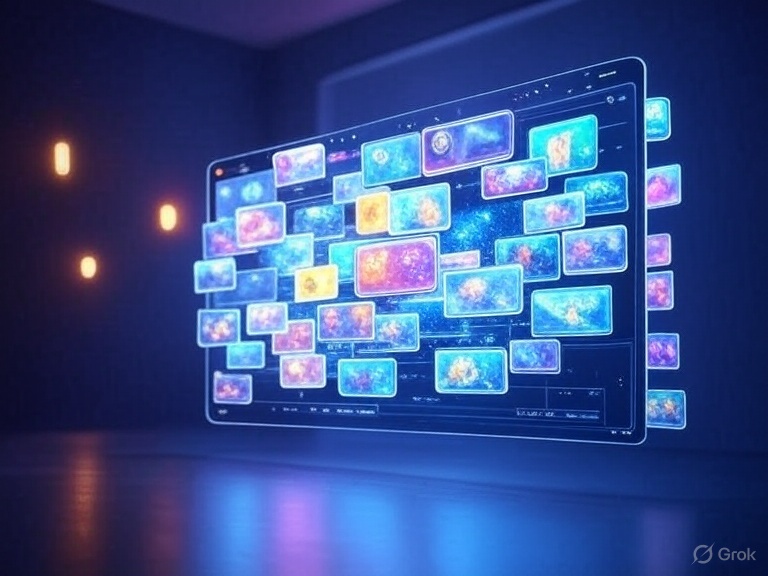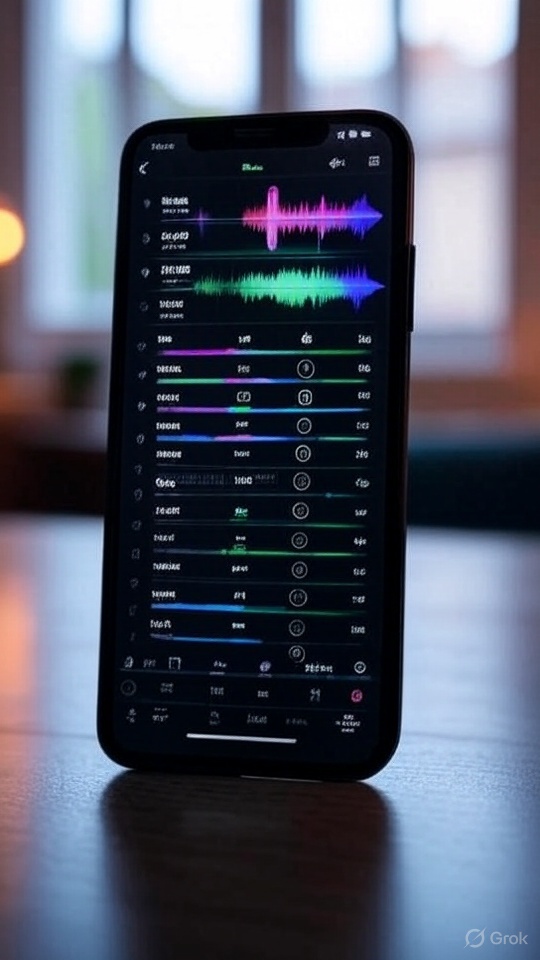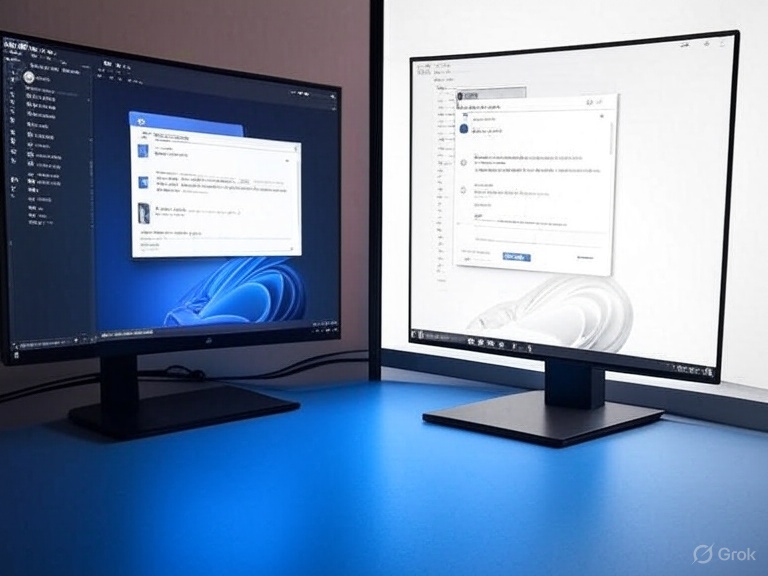
Google and Qualcomm Just Teased Android for PC — And It Could Change Everything
Google and Qualcomm are hinting at a bold new future where Android isn’t just for your phone. With plans to bring Android AI features, apps, and seamless connectivity to desktops and laptops, Android for PC could shake up the dominance of Windows and Apple.
For years, Android has been synonymous with smartphones. But that era may be coming to an end. At Qualcomm’s recent event, Google’s head of platforms and devices Rick Osterloh joined Qualcomm CEO Cristiano Amon on stage to make a bold statement: Android is about to leap from your pocket onto your desk.
In what sounded less like speculation and more like a promise, Osterloh revealed that Google and Qualcomm are building a “common technical foundation” that unifies Android across smartphones, PCs, and desktops. If that sounds like a game-changer, it’s because it is.
“In the past, we’ve always had very different systems between what we’re building on PCs and what we’re building on smartphones,” Osterloh explained. “We’ve embarked on a project to combine that.”
Amon didn’t just nod along. He chimed in with something even more intriguing: he’s already seen Android for PC in action — and described it as “incredible.”
Why This Matters
If you’re an Apple user, you already know the secret sauce of the ecosystem: seamless integration. Messages, apps, files, and even clipboard content jump effortlessly from iPhone to MacBook. For Android fans, that kind of polished continuity has always been a missing piece.
Android for PC could finally close that gap. Imagine being able to open your Android phone’s apps directly on a laptop, or having Google’s AI-driven tools follow you across devices without clunky workarounds. That’s not just convenience — that’s a direct shot at Apple’s walled garden.
And it’s not just Apple in the crosshairs. Microsoft’s Windows dominates the PC market, but Android’s arrival could complicate that landscape. With millions of developers already building for Android, a new PC-friendly version of the OS would immediately come with an army of apps.
The ChromeOS Factor
This isn’t entirely out of the blue. Reports as far back as 2024 suggested that Google was planning a merger between ChromeOS — the operating system that powers Chromebooks — and Android. Earlier this year, Google confirmed it was pursuing exactly that strategy.
The idea makes sense. ChromeOS has always felt like a halfway solution: lightweight, great for web apps, but clunky when it came to native apps or demanding tasks. By marrying it with Android, Google can leverage the maturity of its mobile ecosystem, its massive app library, and its rapidly advancing AI features.
That merger could turn Chromebooks from budget-friendly student machines into serious competitors against both Windows laptops and MacBooks.
What We Don’t Know
For all the enthusiasm on stage, the details remain scarce. Neither Osterloh nor Amon revealed timelines, hardware partners, or what the first Android-powered PCs might look like. Will this mean brand-new laptops built from the ground up for Android? Or will existing Chromebooks simply evolve into Android devices via software updates?
There are also unanswered questions about app compatibility and performance. Running Instagram or Google Docs on a laptop sounds great, but what about professional-grade tools, games, and multitasking? Android will need to prove it can scale gracefully from touch-based mobile devices to full-fledged desktop environments.
Why Now?
Timing may be everything here. Apple is doubling down on AI-powered features across its ecosystem, while Microsoft is integrating AI into Windows 11 with Copilot. Google, meanwhile, has been infusing AI into Android at a rapid pace — from smarter photo editing to predictive tools.
Extending those AI features into PCs is a logical next step. It gives Google a chance to compete in the productivity market while giving Android fans a unified experience across devices.
The Big Picture
If Android for PC becomes reality, it could reshape how we think about personal computing. Instead of juggling different operating systems for different devices, users might finally get a seamless, Android-powered environment that spans phone, laptop, and desktop.
It won’t happen overnight, but the signals are getting louder. As Amon put it, Android for PC is already real enough for him to see — and be impressed by. For the rest of us, the wait is on.


